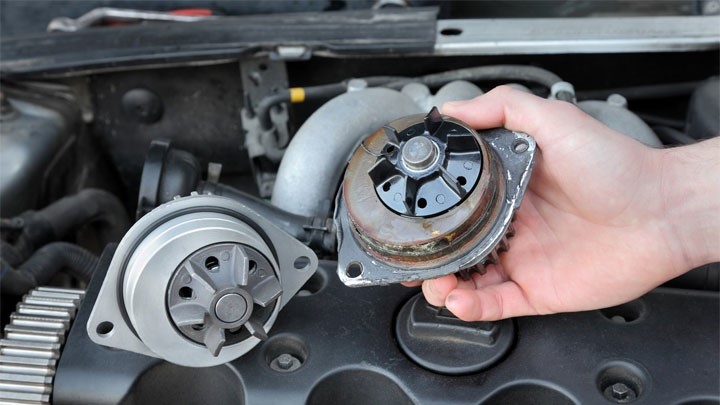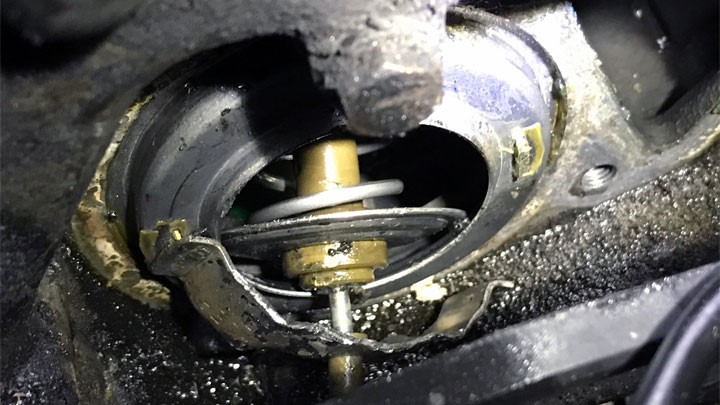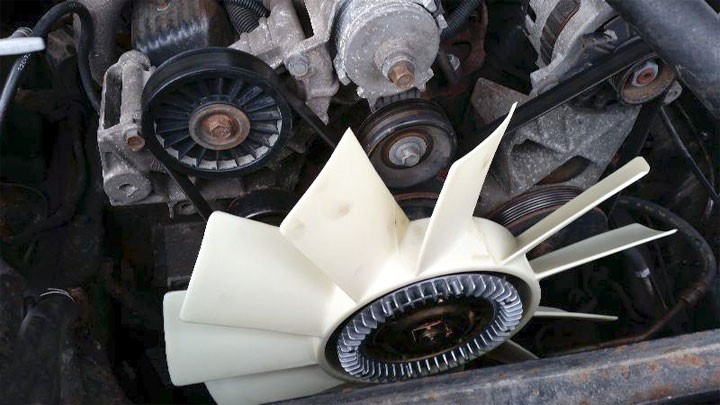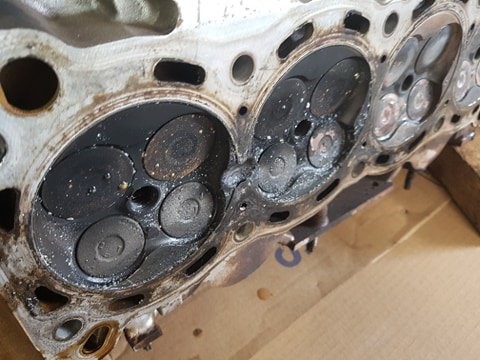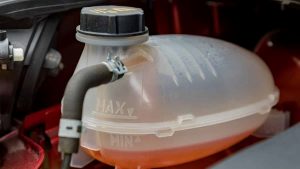Why Is My Temperature Gauge Rising but My Car Is Not Overheating?
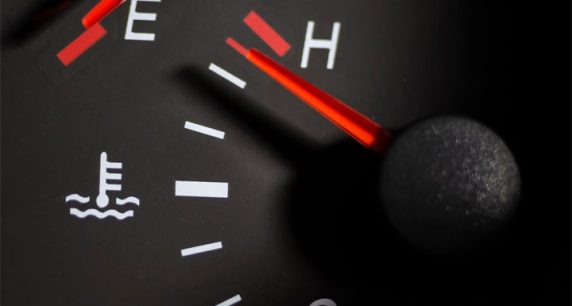
One may be sure that they will ultimately encounter such situations, even if we rarely consider the possibility of a breakdown before it happens. When this happens, we are forced to address the underlying causes of the problem at hand. However, there are times when the problem we are dealing with is not what it first appears to be.
The easiest way to demonstrate this issue is possibly with the example of an engine temperature sensor that rises for causes other than true overheating. While most people would presume that under such conditions, the engine’s internal temperatures were rising rapidly, this is not necessarily the case. An engine can occasionally run a little hotter than usual without overheating.
But what, exactly, causes these otherwise unexplainable variances in temperature, and how does one go about getting their engine’s operating temperature back in check? Luckily, in most cases, the answers to such questions are much simpler than one might expect.
CAUSES OF A CAR THAT’S RUNNING HOT BUT NOT OVERHEATING
A vehicle’s engine can run hot, but not overheat, for a variety of reasons. Understanding the potential causes behind such issues can prove valuable when attempting to remedy the problem at hand.
The following are several of the most likely causes for a gradual increase in engine temperature.
- Faulty Water Pump

A broken water pump could be the cause of your car’s engine running hotter than usual but not really overheating. The water pump in an engine typically moves coolant between the engine block and the radiator of a car. However, damage to a water pump’s impeller can make it impossible for this circulation to function at all.
- Sticking Thermostat

An engine may run hotter than usual because of a partially stuck thermostat that prevents coolant from flowing as it should. A thermostat is little more than a restriction in the cooling system when it is stuck between the fully opened and fully closed positions.
In this condition, heat is not properly transferred from the engine to the radiator of a vehicle. Fortunately, replacing a thermostat doesn’t typically cost much.
- Blockages In Cooling System
Like the sticking thermostat example from before, any obstruction or limitation in an engine’s cooling system might make a car run hotter than usual. The most frequent occurrence of this issue is when rust or other types of particles clog a car’s radiator. Similar results would be produced by a collapsed radiator hose.
- Inoperable Engine Fan

An engine’s cooling fans are tasked with distributing airflow across the face of a vehicle’s radiators. For this reason, an inoperable cooling fan can prove problematic, thereby causing an engine to run at higher temperatures than would otherwise be observed.
In such instances, fan replacement or the repair of a fan’s control circuit is required to restore proper temperature readings.
- Blown Head Gasket

Additionally, an engine may run hotter than usual due to a blown head gasket. This frequently happens because of coolant loss, which is caused by leaking from the cooling jacket to the cylinder. However, a burst head gasket can also result in combustion gas leakage into the cooling system of an engine, raising the operating temperature noticeably.
- Low Coolant Levels

Low coolant levels in an engine’s radiator are frequently the cause of a minor increase in operating temperature of the engine. This happens if there are any leaks in the cooling system of an engine, no matter how little they may be. When this happens, there is simply not enough coolant left to cool the engine sufficiently.
- Faulty Temperature Sensor or Gauge

In certain instances, a vehicle’s engine might be running no hotter than normal, despite what the vehicle’s temperature gauge reads.
A faulty temperature probe or gauge might be providing false feedback, making you believe that an issue is at hand, where none truly exists.

What To Do If You Notice Your Temperature Gauge Rising
You should pull over to the side of the road and turn off your car if you see the temperature gauge on your car starting to increase.
Even while your engine might not be overheating right now, any changes in operating temperature could be a sign of future temperature-related problems. You can either head home or to a local service facility after your engine has cooled.
Every time you discover that the operating temperature of your engine is not regulating as it should, it is crucial to take every preventative measure feasible. If worries of this nature worsen, they may eventually cause overheating and cause serious engine damage.
A cylinder head can readily warp, a block can easily split, and a head gasket can easily blow.
Any temperature-related anomalies should, in any case, have the underlying cause identified and corrected as soon as possible. By doing this, the potential for eventual overheating and the harm that frequently results are avoided.
Schedule a visit as soon as possible with a service centre or technician if you are uncomfortable diagnosing the problem yourself.

